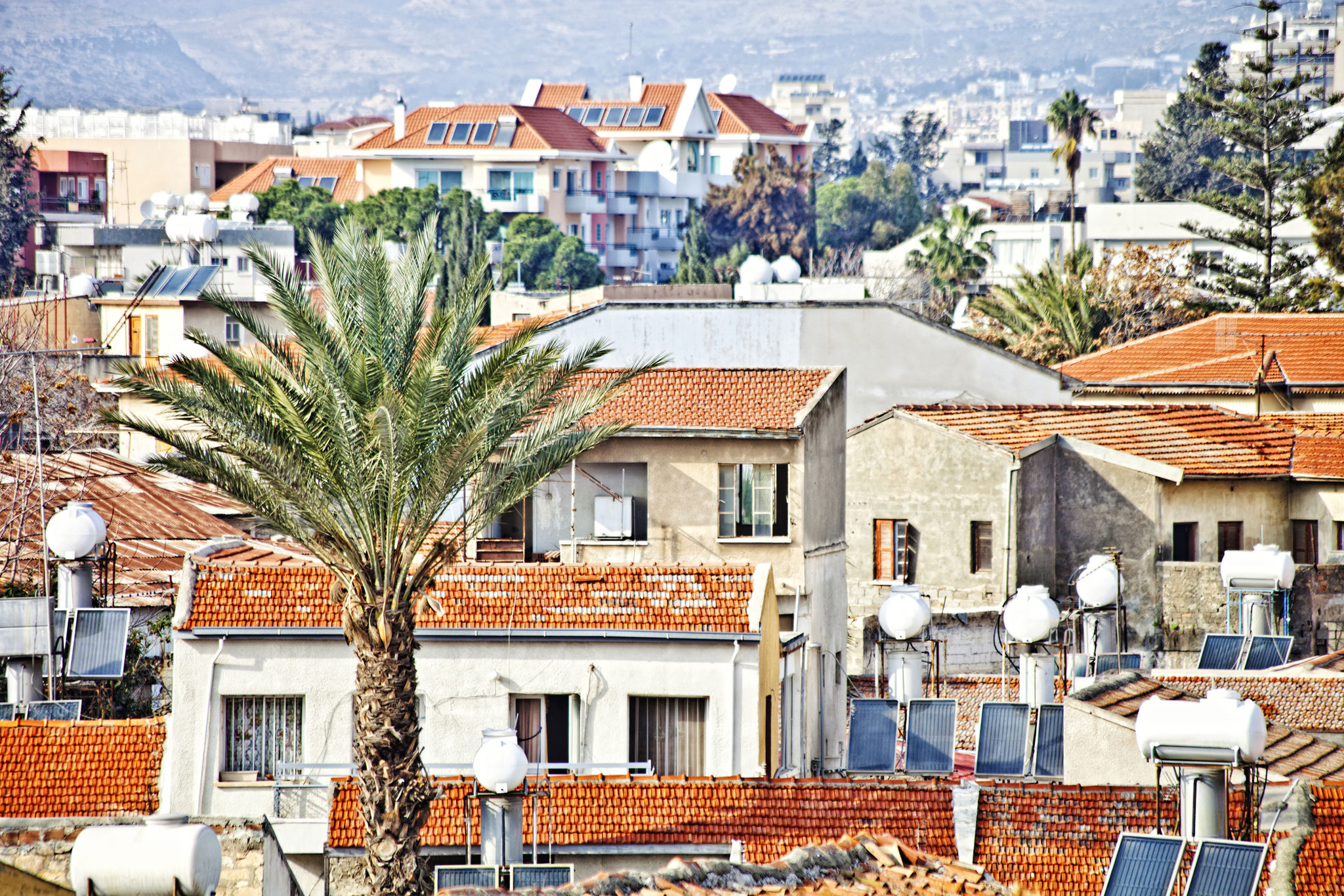Top 5 Legal Considerations for Expats Moving to Limassol
Understanding Visa and Residency Requirements
One of the first steps for expats moving to Limassol is to understand the visa and residency requirements. Depending on your nationality, the process can vary significantly. EU citizens have a more straightforward path, often needing just a registration certificate. However, non-EU nationals must navigate a more complex system, including applying for temporary residence permits.
It's crucial to gather all necessary documentation before your move. This typically includes proof of employment, bank statements, and health insurance. Consulting with a legal expert or an immigration advisor can help ensure you meet all the requirements and avoid potential pitfalls.

Property Purchase and Rental Laws
If you're planning to buy or rent property in Limassol, familiarize yourself with local laws. Cyprus has specific regulations governing property transactions that can differ from those in your home country. For example, there are restrictions for non-EU citizens buying property, such as needing permission from the Council of Ministers.
When renting, it's essential to review lease agreements carefully. Pay attention to clauses related to maintenance responsibilities, deposit terms, and lease termination conditions. Engaging a local real estate lawyer can help you navigate these complex agreements and protect your interests.

Tax Obligations and Benefits
Understanding your tax obligations is critical when relocating to Limassol. Cyprus offers attractive tax incentives for expats, such as low personal income tax rates and exemptions for foreign pensions. However, it's vital to ensure you comply with both Cypriot tax laws and any obligations to your home country.
Consider consulting with a tax advisor experienced in international taxation. They can assist you in structuring your finances efficiently and help you take advantage of any available tax benefits while ensuring compliance.
Healthcare System and Insurance
Limassol provides a robust healthcare system, but as an expat, understanding how it works is crucial. Cyprus has both public and private healthcare sectors, and expats are generally advised to have private health insurance. This ensures access to a broader range of services and shorter waiting times.
Research different insurance plans to find one that best suits your needs. Pay attention to coverage details, including emergency services, prescription medications, and specialist consultations. Being well-informed about healthcare options will provide peace of mind in your new home.

Employment Laws and Work Permits
If you're moving to Limassol for work, understanding local employment laws is essential. While EU citizens have the right to work without a permit, non-EU nationals will require a work permit. It's important to secure this before starting employment to avoid legal issues.
Additionally, familiarize yourself with Cypriot labor laws covering working hours, minimum wage, and employee rights. Being aware of these regulations helps ensure you are treated fairly in your workplace and know your rights as an employee.
By addressing these key legal considerations before moving to Limassol, you can ensure a smoother transition and enjoy a successful experience as an expat in this vibrant city.
